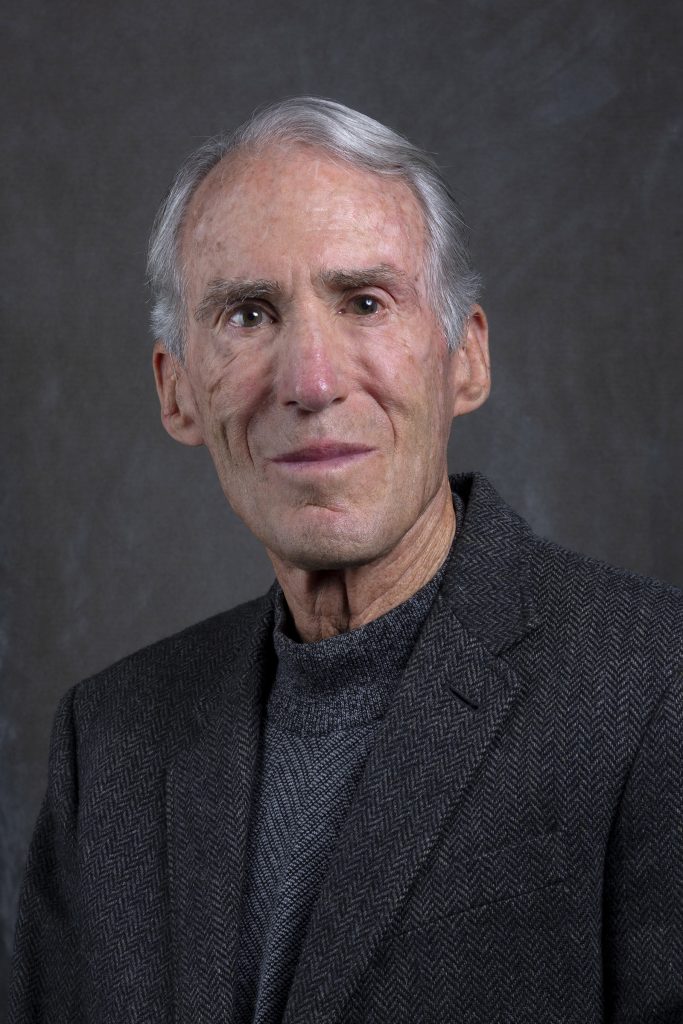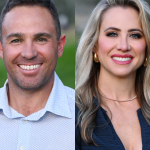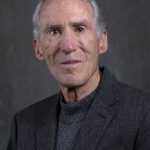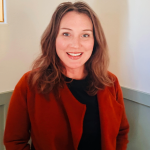Feinsinger column: Cardiovascular disease prevention tips from Dr. Kim Williams
Doctor's TIp

Courtesy
Dr. Kim Williams is an African-American preventative cardiologist who is past president of the American College of Cardiology. He gave a talk at the recent annual Plantrician Project’s International Plant-Based Nutrition Conference, and today’s column is a synopsis of what he said.
Dr. Williams is famous for two quotes in particular: 1) When asked why he decided to go on a plant-based, whole food diet several years ago he replied “I don’t mind dying, I just don’t want it to be my fault.” And 2) “There are two kinds of cardiologists: vegan and those who haven’t read the data.”
The problem
Cardiovascular disease (heart attacks and strokes) has been the leading cause of death for both men and women in the U.S. since 1918, even though we now know how to prevent it. CVD costs our healthcare system $233 billion annually, with an additional $185 billion in lost productivity. Poor diet is the main contributing factor. It was previously thought that African-American’s have a higher rate of cardiovascular disease, but it turns out that the problem is poverty rather than race—poor whites have the same rate.
More Americans are sick than are healthy. Fifty percent have prediabetes or diabetes; 3 in 4 are overweight or obese; only 1 in 10 are metabolically healthy. Healthcare spending in 1960 was 5 percent of our GPD; in 2013 it was 17.6 percent. Preventable chronic diseases account for 80 percent of this huge financial burden.
What works for CVD prevention
Obesity, diabetes, hypertension, high cholesterol, and inflammation are the primary cause of CVD. The evidence is overwhelming that the best diet to prevent and reverse these risk factors is a plant-based, whole food diet with no salt, sugar, or added oil. This diet not only lowers the risk of risk of heart attacks, strokes but all-cause mortality (death from any cause) as well.
What doesn’t work
- The keto diet, which is animal-based, initially results in weight loss and lower blood pressure. However, after several months the saturated fat and animal protein raise LDL (bad cholesterol) and TMAO—a harmful inflammatory chemical produced by harmful gut bacteria. The incidence of CVD and many other chronic diseases along with all-cause mortality goes up after several months on a KETO diet, and Dr. Williams says that “no one should be on this diet” for long if at all.
- The Mediterranean diet lowers stroke risk but not heart attacks or all-cause mortality.
- According to Dr. Williams the paleo diet “demonizes grains and beans without evidence.” It may reduce blood pressure and insulin resistance (prediabetes), but “adherence is low and evidence is mixed.”
- The vegan diet (versus plant-based, whole food) can be healthy or unhealthy. If it contains refined grains, salt, sugar, or added oil it is unhealthy. For example, chips, soda, carrot cake, and the bun on a veggie burger are vegan but unhealthy.
Other ‘pearls’ from Dr. Williams
- There is a small percentage of people who have normal cholesterols when younger but for genetic reasons experience a rise when reaching middle age.
- Tastes are formed in utero by what the mother is eating.
- During the COVID pandemic people on a plant-based, whole food diet had a much lower incidence of getting COVID, and if they did get it of getting really sick and dying. This was thought to be due to unhealthy gut microbiomes in people on animal-based diets, which resulted in a cytokine storm.
- Heme iron from animal products is associated with an increases risk of cardiovascular events versus non-home iron from plants.
- The most cost-effective source of protein is plants, particularly beans, nuts, seeds, and mushrooms.
- In 1973 we banned cigarette ads on TV; we need to do the same thing with junk food. Unfortunately, poor people tend to watch more TV and the ads contribute to their harmful food consumption and resultant high risk of CVD.
- There is a dramatic increase in mortality with every egg you eat on a daily basis.
- Nanoplastics are sub-microscopic plastic particles that are now ubiquitous in seafood, and are now recognized as a cause of heart attacks and strokes. Therefore Dr. Williams recommends that we avoid all seafood, as well as fish oil. If you take vegan, algae-derived omega-3 make sure it doesn’t contain nano plastics. One brand that doesn’t can be obtained through http://www.Dr.Fuhrman.com.
- Most doctors still don’t get healthy eating, although that’s changing slowly.
Dr. Greg Feinsinger is a retired family physician who started the non-profit Center For Prevention and Treatment of Disease Through Nutrition. For questions or to schedule a free consultation about nutrition or heart attack prevention contact him at gfmd41@gmail.com or 970-379-5718.

Support Local Journalism

Support Local Journalism
Readers around Glenwood Springs and Garfield County make the Post Independent’s work possible. Your financial contribution supports our efforts to deliver quality, locally relevant journalism.
Now more than ever, your support is critical to help us keep our community informed about the evolving coronavirus pandemic and the impact it is having locally. Every contribution, however large or small, will make a difference.
Each donation will be used exclusively for the development and creation of increased news coverage.









